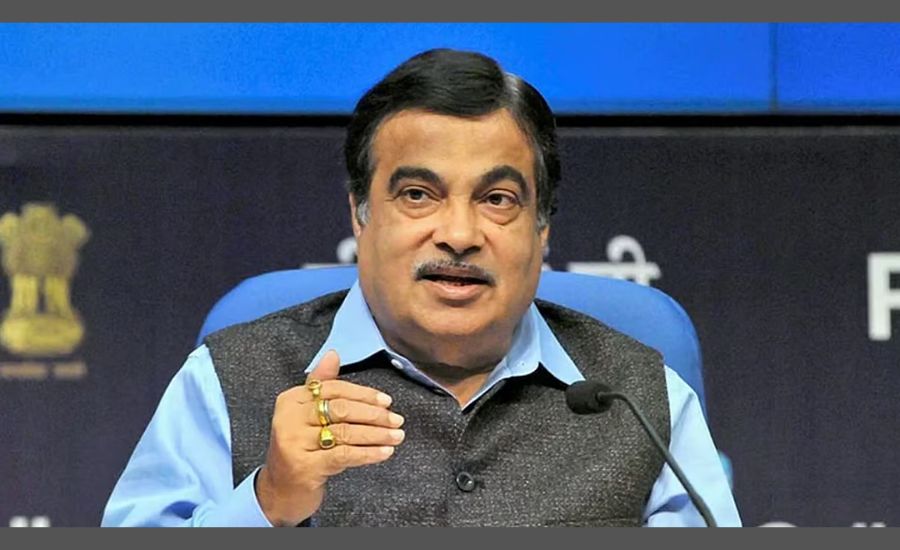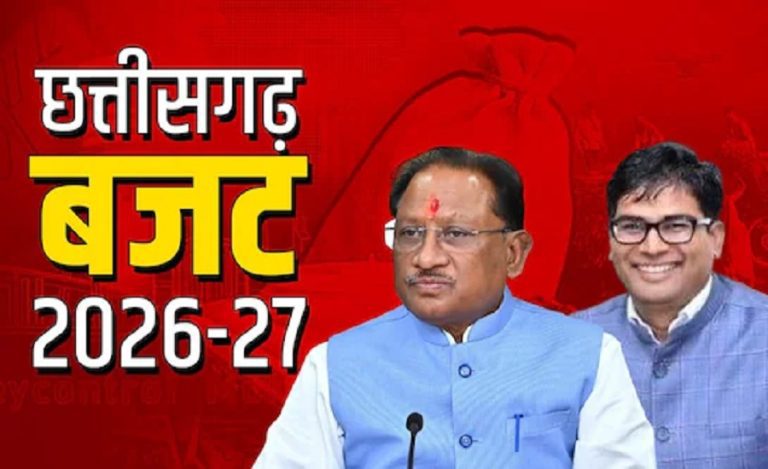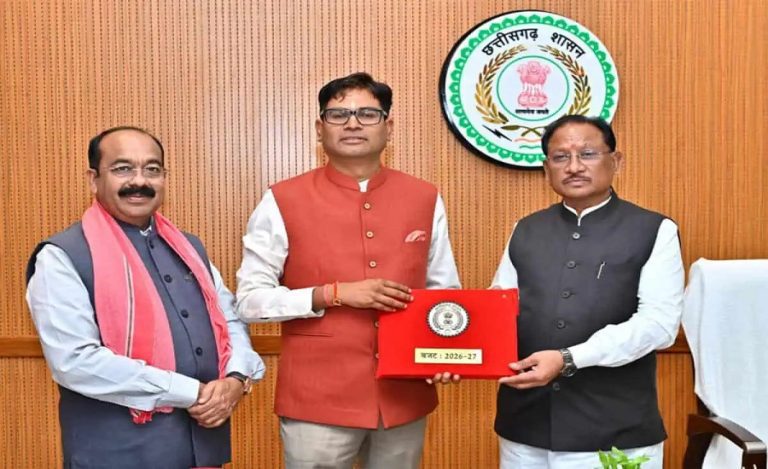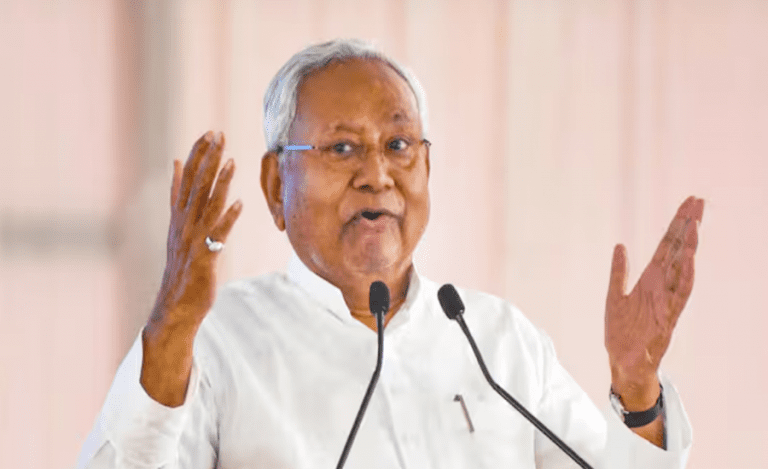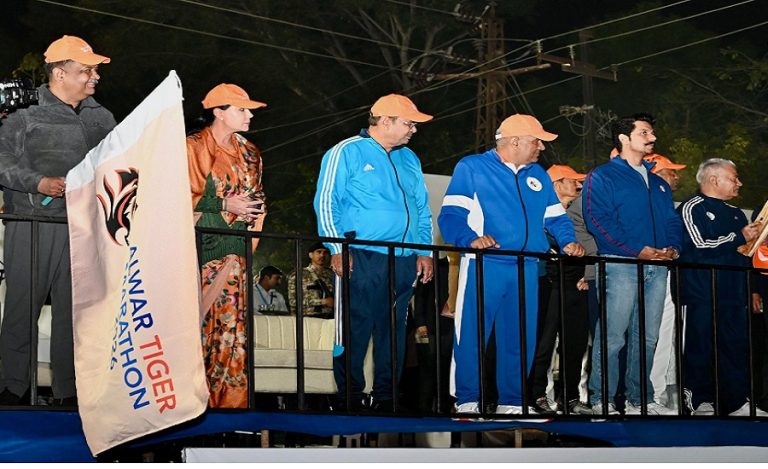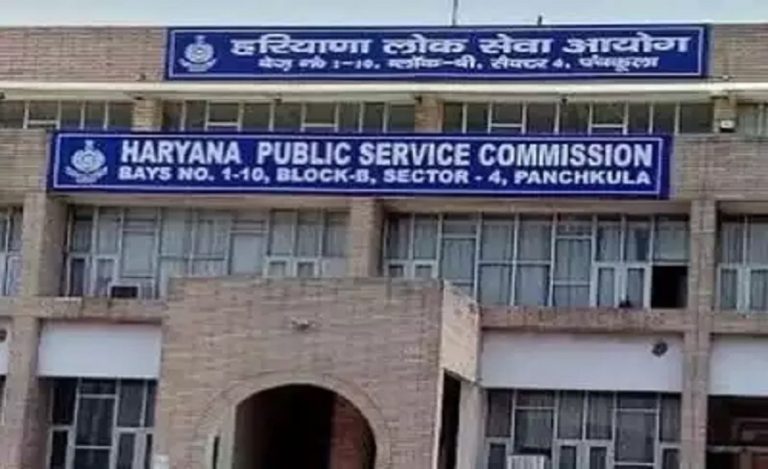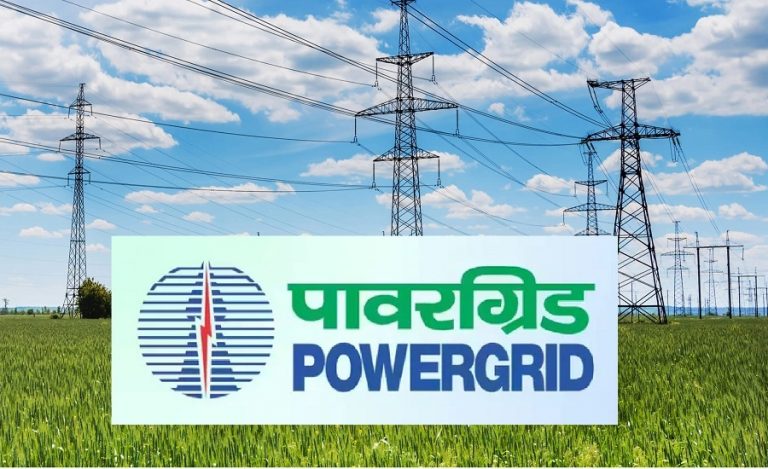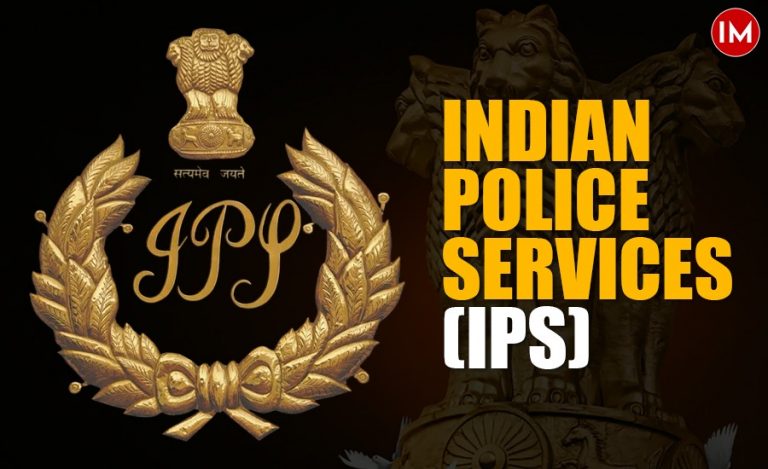New Delhi: Union Minister for Road Transport and Highways, Nitin Gadkari, announced on Monday that the government is working aggressively to make India’s automobile industry the largest in the world within the next five years. The announcement was made during the inauguration of the ‘International Value Summit 2025’.
Automobile Industry: A Key Economic Driver
Gadkari highlighted the significance of the automobile sector, noting that it contributes the highest GST revenue and generates extensive employment opportunities across the country. “Within five years, our target is to make India’s automobile industry the number 1 in the world,” he asserted.
Growth and Current Market Size
When Gadkari took charge as transport minister, the Indian automobile industry was valued at Rs 14 lakh crore. It has since grown to Rs 22 lakh crore, reflecting robust expansion. By comparison, the US automobile industry stands at Rs 78 lakh crore, and China’s at Rs 47 lakh crore.
Infrastructure and Quality Concerns
The minister emphasized the importance of developing quality infrastructure to support the sector’s growth, aligning with Prime Minister Narendra Modi’s vision to make India the world’s third-largest economy. However, Gadkari pointed out that the quality of Detailed Project Reports (DPRs) in India — which are crucial for project implementation — needs significant improvement.
Logistics Cost Reduction and Ethanol Economy
Gadkari revealed progress in lowering logistics costs, which have been reduced from 16 percent to 10 percent of India’s GDP, according to a joint IIM-IIT survey. He aims to bring this figure down to single digits by the end of the year. For perspective, logistics costs are 8 percent in China and 12 percent in Europe and the US.
On the ethanol economy, the minister urged that farmers should be recognized not only as food producers (‘annadata’) but also as energy producers (‘urjadata’), highlighting the importance of alternative energy sources.
Leadership in Clean Mobility and Green Technologies
Highlighting India’s growing leadership in electric vehicles (EVs), hydrogen fuel, and alternative fuels, Gadkari announced that hydrogen trucks have already been launched with pilot projects on ten routes underway. The government aims to lead globally in green mobility, with support from major companies like Tata Motors, Ashok Leyland, Reliance, and Indian Oil.
A grant of Rs 600 crore has been allocated to accelerate hydrogen infrastructure development. Gadkari also mentioned ongoing trials for new fuels such as isobutanol and bio-bitumen.
Sustainability Initiatives and Innovation
Sustainability was a core theme in Gadkari’s address. He shared achievements in converting waste into wealth, including using over 80 lakh tonnes of waste from the Ghazipur landfill for road construction, successfully reducing the landfill’s height by seven meters.
He also pointed to successful trials of bio-bitumen made from rice straw, which performs better than petroleum-based bitumen and helps reduce harmful stubble burning.
Gadkari called for global partnerships in innovation areas such as precast road construction, tunnel engineering, hydrogen transport systems, and circular economy solutions.
Call for Global Cooperation
Ending his address, Gadkari reassured international delegates that India does not face resource shortages and that road monetization and revenue streams are strong. He appealed for innovation, technology transfer, and cooperation to further accelerate India’s journey toward becoming a global automobile powerhouse.

